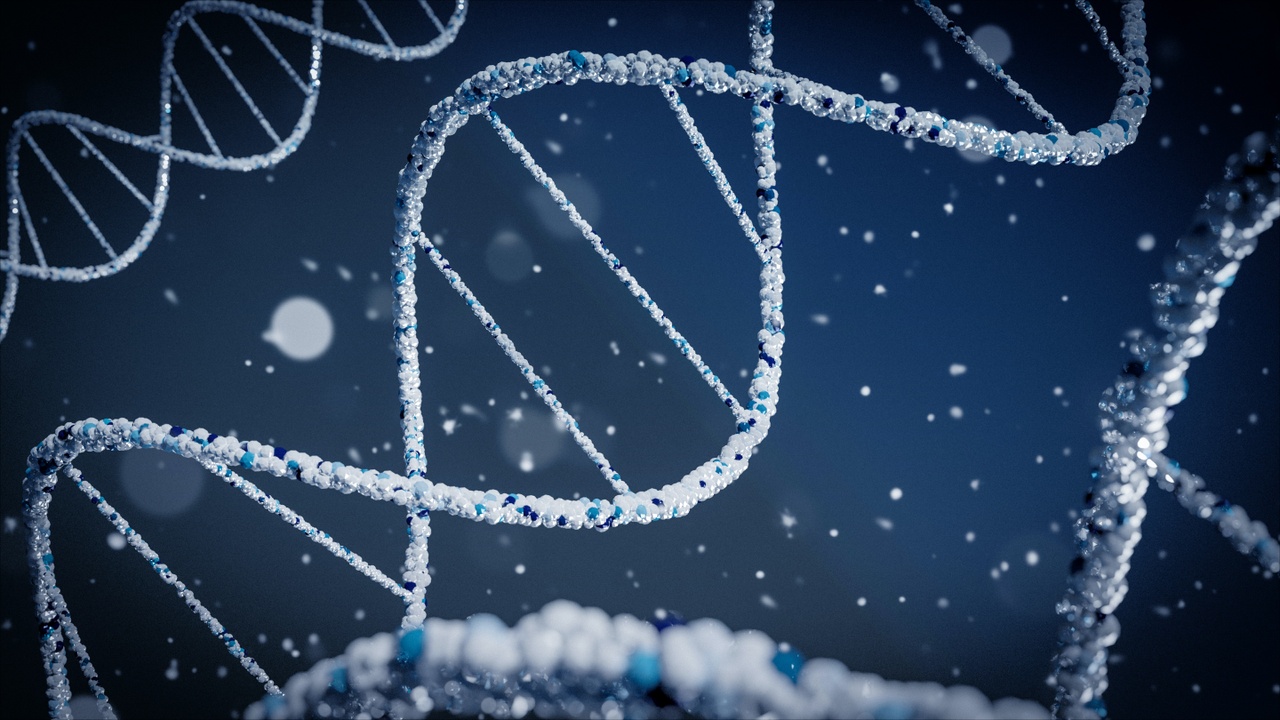Remembering this bad boy hormone is dominant in the late phase of our cycle, it has a calming affect on our brain, and has been called an anti-anxiety hormones. It boosts our feel good chemicals (serotinin), is sleep promoting and acts like a repellant with water, hence why we can be having more frequent trips to the lou and feel bloated in the later stage of the cycle. When our hormones are out of balance, or our progesterone levels are low, we can notice; PMS, insomnia, anxiety, migraines, miserable periods, irritability, and even rage. These symptoms can come around Peri-menopause when we stop ovulating regularly, more on that here.


